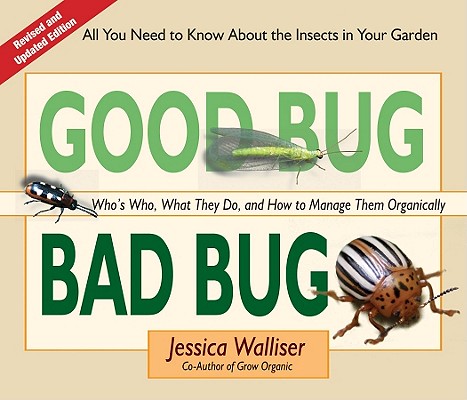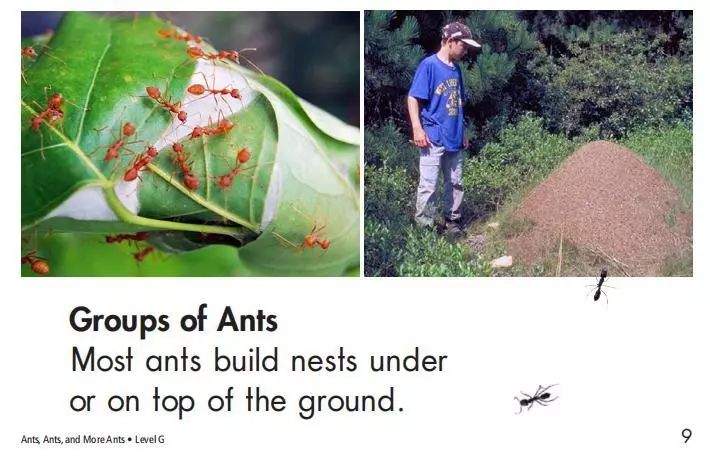Do Cloves Attract Bugs: The Truth Behind This Culinary Gem
Guide or Summary:Understanding Cloves and Their Attraction to InsectsVolatiles and Plant ProtectionDo Cloves Attract Bugs? The Empirical EvidencePractical U……
Guide or Summary:
- Understanding Cloves and Their Attraction to Insects
- Volatiles and Plant Protection
- Do Cloves Attract Bugs? The Empirical Evidence
- Practical Uses and Benefits of Cloves
Clove, a spice derived from the flower buds of the evergreen tree, Syzygium aromaticum, has been a cornerstone in the culinary world for centuries. Its potent aroma and flavor profile make it an essential ingredient in countless dishes, from savory curries to sweet pastries. However, with its pungent fragrance, many wonder if cloves might attract pests or unwanted insects, casting a shadow over its culinary allure.
Understanding Cloves and Their Attraction to Insects
To delve into the question of whether cloves attract bugs, we must first understand the nature of the spice and the insects it may interact with. Cloves contain volatile oils, primarily eugenol and clove oil, which give them their distinctive aroma and flavor. These oils are potent enough to deter many insects, including those that feed on plants.

Volatiles and Plant Protection
The volatile compounds in cloves serve a dual purpose. On one hand, they act as a defense mechanism for the clove-producing plant, warding off herbivores and pathogens. On the other hand, these same compounds can be beneficial for humans, as they impart flavor and medicinal properties to the spice.
Do Cloves Attract Bugs? The Empirical Evidence
Research indicates that cloves, due to their high concentration of volatile oils, may not attract insects but rather repel them. Studies have shown that eugenol, a primary component of clove oil, has insect-repellent properties. This essential oil is known to interfere with the olfactory perception of insects, making it difficult for them to locate and feed on plants.
In agricultural settings, clove oil has been used as a natural insect repellent. Farmers apply it to crops to protect them from pests such as aphids, mites, and beetles. The potent aroma of cloves acts as a deterrent, keeping insects at bay.

Practical Uses and Benefits of Cloves
Beyond its culinary applications, cloves have a myriad of practical uses. They are commonly used in aromatherapy for their relaxing and soothing properties. Cloves are also valued for their medicinal benefits, including their ability to alleviate toothache and reduce inflammation.
In addition to their repellent qualities, cloves can be used to attract beneficial insects. They are often employed in companion planting, where they are planted alongside crops that are susceptible to pests. The strong scent of cloves attracts predatory insects that feed on pests, effectively controlling their populations without the need for chemical pesticides.
In conclusion, cloves do not attract bugs but rather repel them. Their high concentration of volatile oils, particularly eugenol, acts as a natural insect repellent. This makes cloves not only a culinary delight but also a valuable tool in protecting plants from pests.

Whether used in cooking, aromatherapy, or as a natural pest control measure, cloves continue to be a versatile and beneficial spice. Their unique properties make them a favorite in the kitchen and a valuable ally in the garden, ensuring that their allure remains undimmed by the presence of insects.